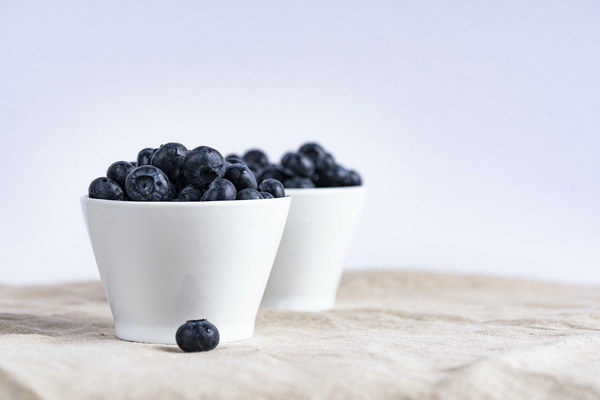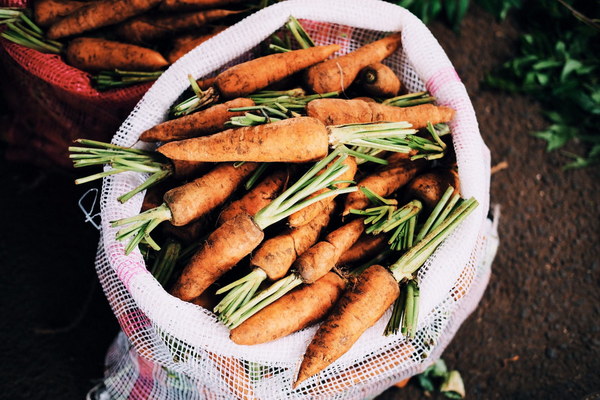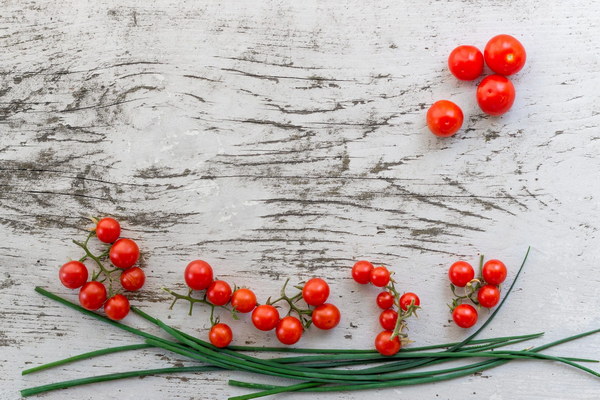Unveiling the Power of Traditional Chinese Herbs Effective Remedies for Rheumatism and Dampness
Introduction:
Rheumatism and dampness are common health issues that affect millions of people worldwide. These conditions often lead to discomfort, pain, and inflammation in various parts of the body. Traditional Chinese medicine (TCM) has been practiced for thousands of years and offers a wealth of natural remedies to alleviate the symptoms of rheumatism and dampness. In this article, we will explore the top Chinese herbs that have been traditionally used to combat these conditions and provide relief to those suffering from them.
1. Aconitum carmichaelii (Du Huang):
Aconitum carmichaelii, also known as Du Huang, is a potent herb used in TCM to treat rheumatism and dampness. It has been found to have anti-inflammatory and analgesic properties, making it effective in reducing pain and swelling in affected areas. Additionally, Du Huang helps to expel dampness from the body, thereby alleviating symptoms associated with dampness.

2. Rehmannia glutinosa (Shu Di Huang):
Rehmannia glutinosa, or Shu Di Huang, is a well-known herb in TCM for its ability to nourish the kidneys and liver. It is often used to treat rheumatism and dampness, as it helps to strengthen the body's immune system and improve overall vitality. Shu Di Huang also has anti-inflammatory properties, making it an excellent choice for those suffering from joint pain and inflammation.
3. Poria cocos (Fu Ling):
Poria cocos, or Fu Ling, is a versatile herb that is commonly used in TCM to treat dampness and fluid retention. It has diuretic properties that help to eliminate excess fluid from the body, reducing swelling and inflammation associated with dampness. Fu Ling also helps to strengthen the spleen and kidneys, promoting healthy digestion and overall well-being.
4. Cinnamon bark (Rou Gui):
Cinnamon bark, or Rou Gui, is a warm and spicy herb that is often used in TCM to treat rheumatism and dampness. It has analgesic and anti-inflammatory properties, making it an excellent choice for those suffering from joint pain and stiffness. Rou Gui also helps to improve blood circulation, which can alleviate symptoms of dampness and rheumatism.
5. Astragalus membranaceus (Huang Qi):
Astragalus membranaceus, or Huang Qi, is a powerful herb that is commonly used in TCM to boost the immune system and improve overall health. It has been found to have anti-inflammatory properties, making it an excellent choice for those suffering from rheumatism and dampness. Huang Qi also helps to strengthen the body's defenses against pathogens, reducing the risk of recurring infections.
6. Codonopsis pilosula (Dang Shen):
Codonopsis pilosula, or Dang Shen, is a nourishing herb that is often used in TCM to treat rheumatism and dampness. It has immune-boosting properties and helps to strengthen the body's resistance to infections. Dang Shen also has anti-inflammatory effects, making it an excellent choice for those suffering from joint pain and inflammation.
Conclusion:
Traditional Chinese herbs offer a natural and effective way to treat rheumatism and dampness. By incorporating these herbs into your wellness routine, you can experience relief from pain, swelling, and inflammation. However, it is important to consult with a qualified TCM practitioner before starting any new treatment, as they can provide personalized guidance and ensure the safety and efficacy of the chosen herbs. With the right combination of herbs and lifestyle changes, you can find relief and improve your overall quality of life.









